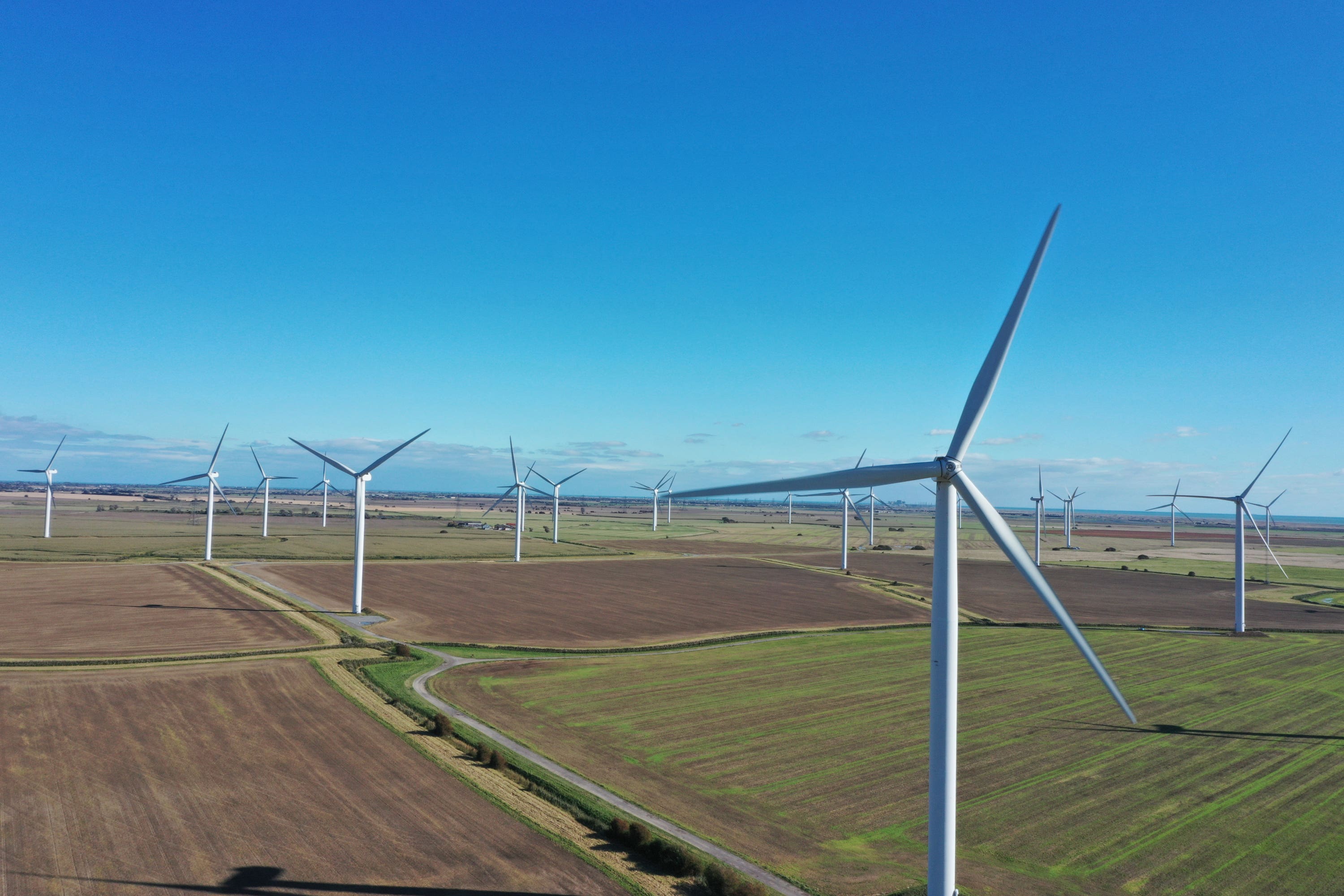Government defends onshore wind U-turn in face of backbench pressure
It was confirmed on Tuesday that the Government was committing to consult on how local communities can consent to fresh projects.

Your support helps us to tell the story
From reproductive rights to climate change to Big Tech, The Independent is on the ground when the story is developing. Whether it's investigating the financials of Elon Musk's pro-Trump PAC or producing our latest documentary, 'The A Word', which shines a light on the American women fighting for reproductive rights, we know how important it is to parse out the facts from the messaging.
At such a critical moment in US history, we need reporters on the ground. Your donation allows us to keep sending journalists to speak to both sides of the story.
The Independent is trusted by Americans across the entire political spectrum. And unlike many other quality news outlets, we choose not to lock Americans out of our reporting and analysis with paywalls. We believe quality journalism should be available to everyone, paid for by those who can afford it.
Your support makes all the difference.Rishi Sunak’s Government has been forced to defend its latest U-turn, after the Prime Minister bowed to pressure from Tory backbenchers to relent on the construction of new onshore wind farms.
The Department for Levelling Up, Housing and Communities confirmed on Tuesday evening that the Government was committing to consult on how local communities can consent to fresh projects, in a climbdown from Mr Sunak’s previous opposition to building new turbines onshore.
Health Secretary Steve Barclay played down the U-turn on Wednesday, defending the prime minister as he was asked on Sky News who was really in charge of Government policy.
“You can see, actually, the fact that the Prime Minister has taken a very strong stand in terms of the priority of getting inflation down,” he said.
“I think it’s important that we listen to colleagues, that is our parliamentary process. It’s important that we do these things with local consent.”
It is the second about-turn so far this week, with the Government having already watered down local housebuilding targets to avoid a major Commons rebellion.
A delayed decision on whether to approve plans for a controversial coal mine on edge of Whitehaven in Cumbria is also expected this week, in another test of Mr Sunak’s leadership.
The decision is currently due to be made on or before December 8, after the deadline was pushed back several times.
While the plan is backed by some Tory MPs, it has also drawn significant criticism from environmentalists.
Jess Ralston, the head of energy at the Energy and Climate Intelligence Unit, said: “The ban on onshore wind has been a seven-year anomaly in UK energy policy, keeping household bills higher and the UK more dependent on foreign gas. Whether deployment speeds up will now come down to the detail of the planning rule changes.
“The next big planning call from the government will be the Cumbria coal mine. With the mine’s particular type of coal no use for the UK power or steel industries and the UK having led the global campaign to phase out coal, a lot rides on Michael Gove’s decision.”